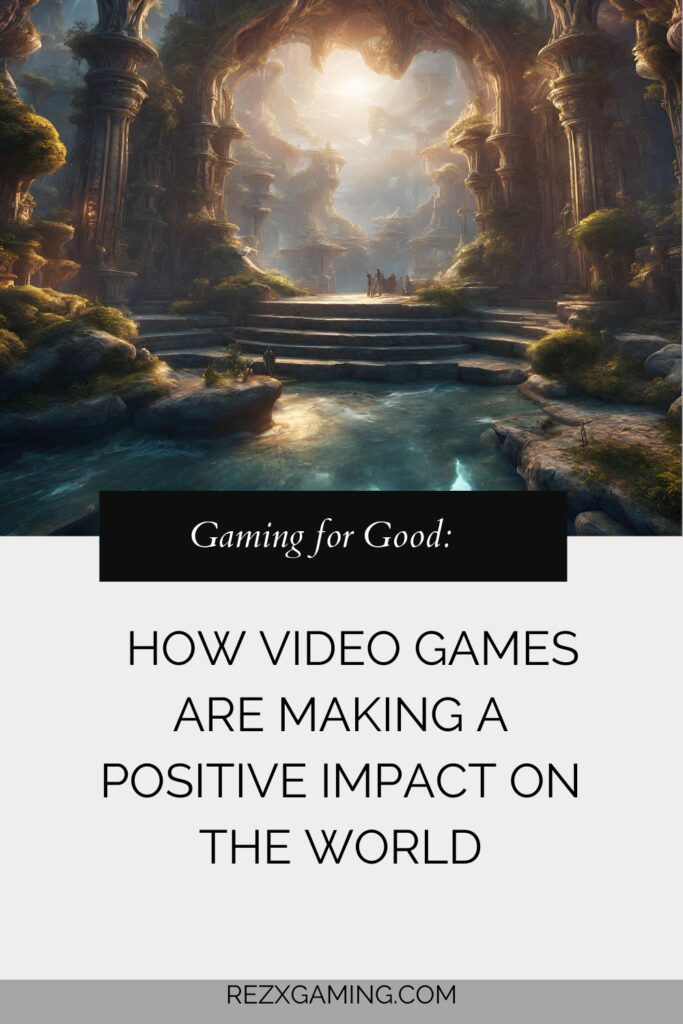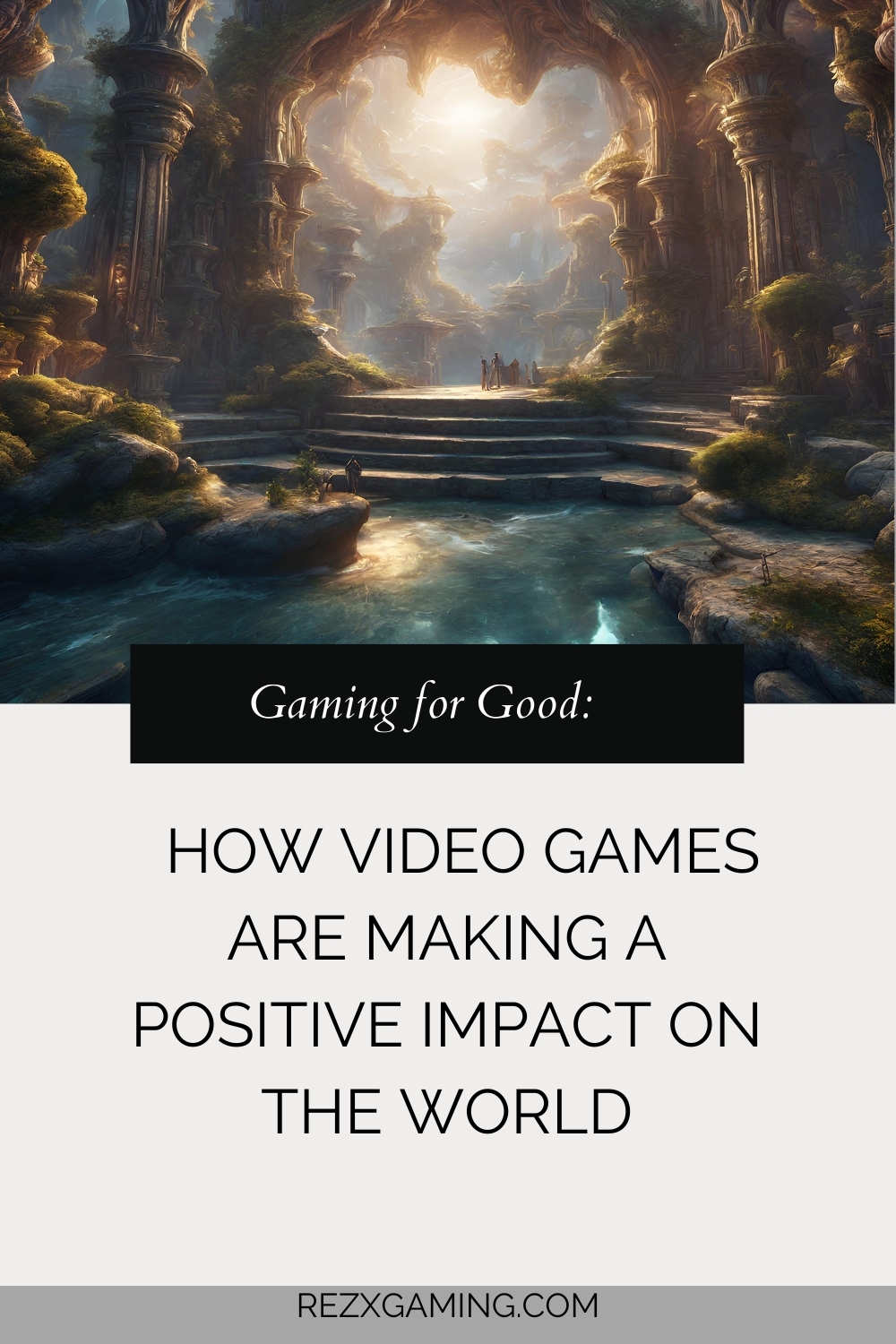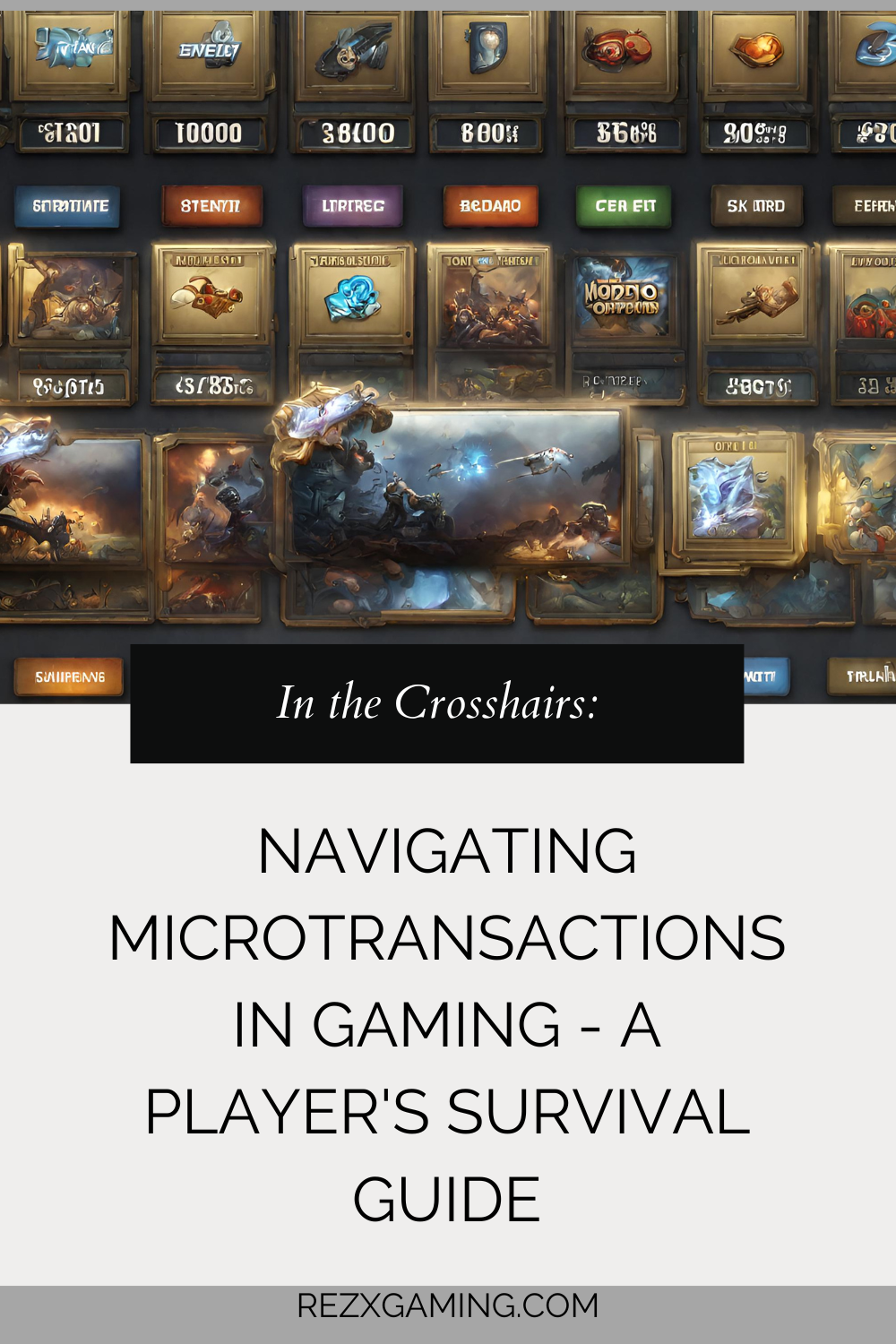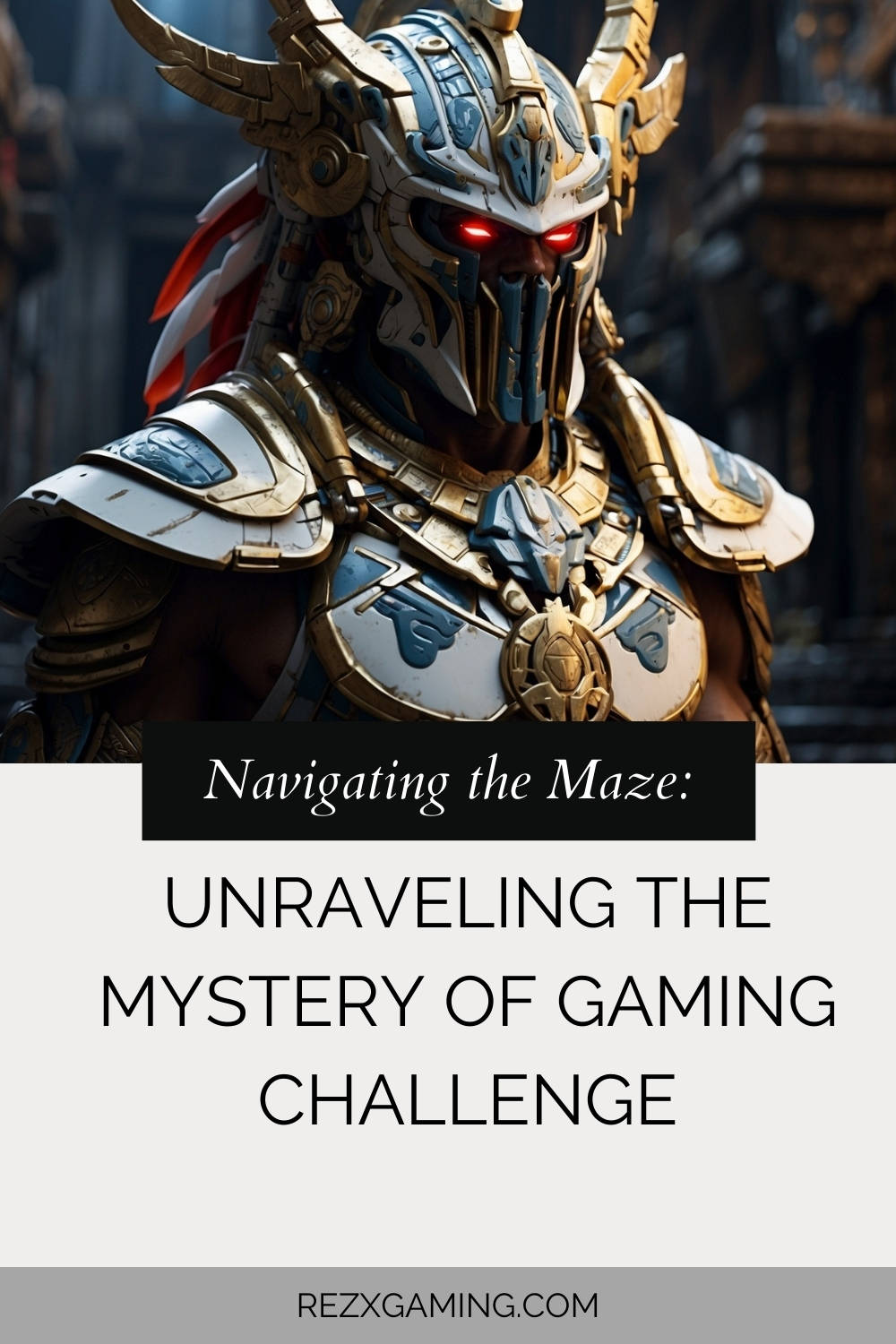
Video games have long been perceived as a form of entertainment, offering players an escape into virtual worlds filled with adventure, challenge, and excitement. However, beyond their entertainment value, video games also have the power to make a positive impact on the world. In this blog post, we’ll explore how video games are being used for good, from raising awareness and funds for charitable causes to promoting education, social change, and mental well-being.
Raising Awareness and Funds for Charitable Causes:
One of the most significant ways that video games are making a positive impact is through their ability to raise awareness and funds for charitable causes. Through initiatives like charity livestreams, gaming marathons, and in-game events, gamers around the world have come together to support various charitable organizations and causes. Games like “Humble Bundle” and “Extra Life” have raised millions of dollars for charity, demonstrating the generosity and compassion of the gaming community.
Promoting Education and Learning:
Video games have also emerged as powerful tools for promoting education and learning across a wide range of subjects and disciplines. Educational games like “Minecraft: Education Edition” and “Kerbal Space Program” provide immersive learning experiences that engage and inspire players of all ages. Additionally, serious games and simulations are being used to train healthcare professionals, teach essential life skills, and promote environmental awareness, demonstrating the potential of video games as educational tools.
Fostering Social Change and Empathy:
In recent years, video games have increasingly been recognized for their ability to foster social change and promote empathy and understanding. Games like “That Dragon, Cancer” and “Papers, Please” tackle complex social issues such as grief, immigration, and mental health, prompting players to confront difficult topics and empathize with the experiences of others. Through immersive storytelling and interactive gameplay, these games challenge players to think critically about the world around them and inspire them to take action for positive change.
Supporting Mental Well-Being and Therapy:
Another area where video games are making a positive impact is in supporting mental well-being and therapy. Therapeutic games and apps are being developed to help individuals manage stress, anxiety, and depression, providing them with a safe and immersive environment to explore their emotions and develop coping strategies. Virtual reality therapy, in particular, has shown promise in treating conditions such as PTSD and phobias, offering patients a novel and effective form of treatment.
Conclusion:
From raising awareness and funds for charitable causes to promoting education, social change, and mental well-being, video games are making a positive impact on the world in diverse and meaningful ways. As the gaming industry continues to evolve and innovate, so too does its potential to effect positive change and inspire players to make a difference. By harnessing the power of gaming for good, we can create a brighter and more compassionate world for all.






